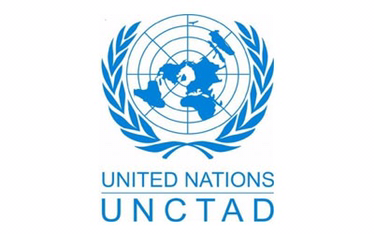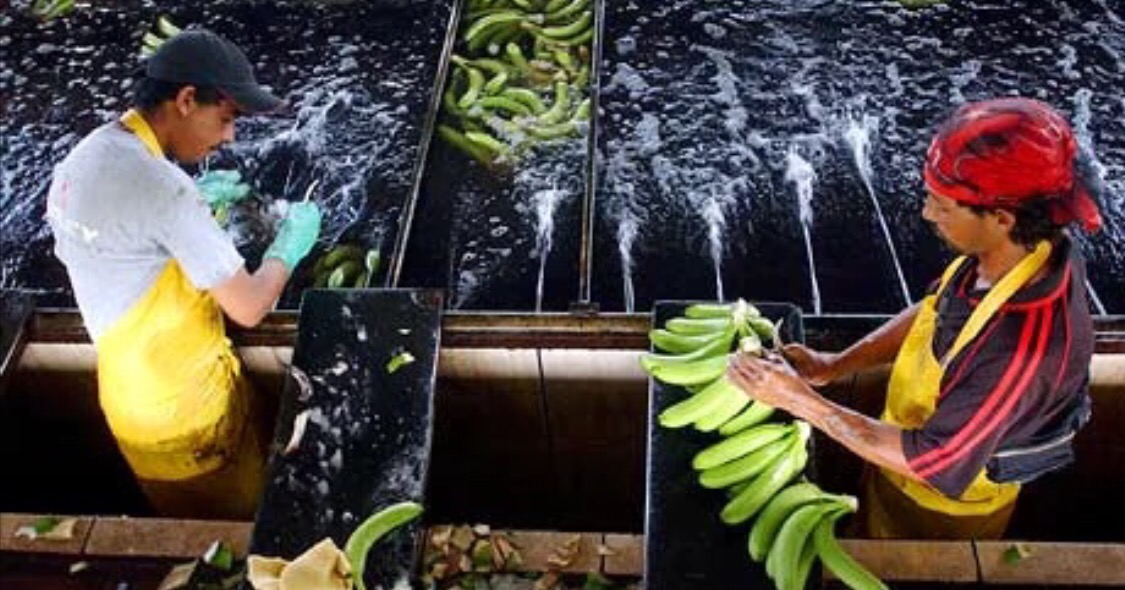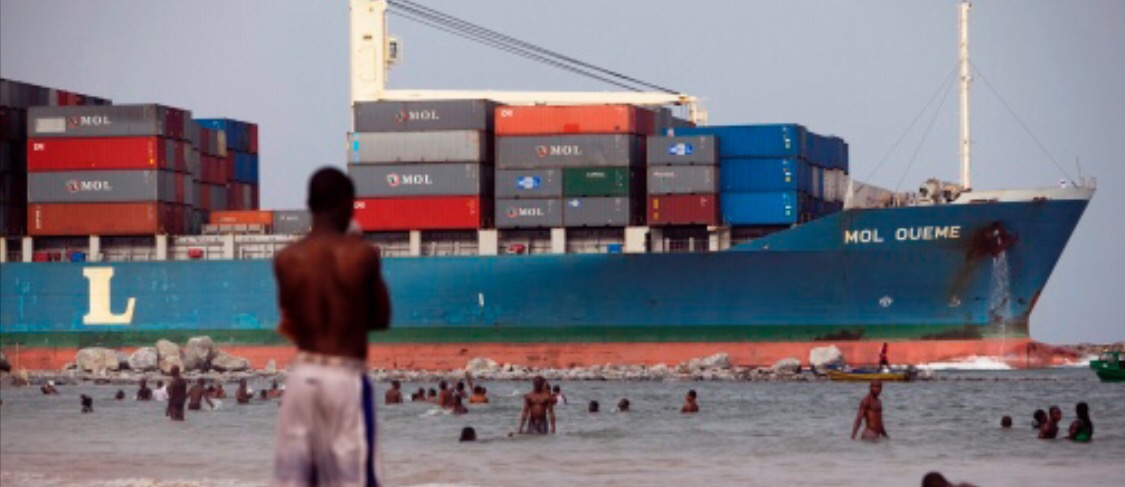Developing countries lose 10% of exports on non-tariff measures
Developing countries lose an estimated 23 billion U.S. dollars annually through failure to comply with Group of 20 non-tariff measures, according to the UN Conference on Trade and Development (UNCTAD).

According to new data published by UNCTAD, the loss is equal to about 10 per cent of the exports of the developing countries to the Group of 20 (G20).
The G20 is an international forum for the governments and central bank governors from 20 major economies comprising 19 countries plus the European Union.
Non-tariff measures cover a broad range of legitimate and important policy instruments, including measures to protect the health of a country’s citizens and its environments.
Non-tariff measures may limit the use of pesticides in food but as tariffs have fallen to historic lows, non-tariff measures have replaced them as a key brake on faster global trade growth.
UNCTAD Deputy Secretary-General Joakim Reiter said the expansion of the middle classes in many countries was expected to increase demand for safer and cleaner products. Reiter said this, in turn, might require countries to introduce more non-tariff measures adding, these kinds of measures are becoming increasingly widespread.
 Joakim Reiter, Deputy Secretary General of UNCTAD and Swedish Top Diplomat
Joakim Reiter, Deputy Secretary General of UNCTAD and Swedish Top Diplomat
“For example, measures on the cleanliness and pathogen-free status of food – known as sanitary and phytosanitary measures – cover more than 60 per cent of agricultural trade. Such regulatory measures disproportionately increase trade costs for small and medium-sized enterprises and developing countries, particularly the least developed. We estimate, for example, that the impact of the European Union’s sanitary and phytosanitary measures come to a loss of about three billion U.S. dollars for low-income country exports.”
You can read the entire article here: Article about developing countries


You must be logged in to post a comment.